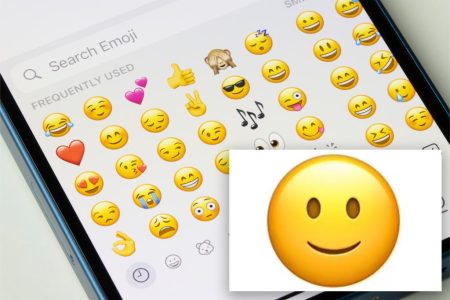A recent study from the University of Ottawa found that older adults, specifically Gen Xers and baby boomers, are less likely to use emojis, use fewer emojis, and lack confidence in their ability to interpret them. This research, considered the first comprehensive investigation into intergenerational emoji use among adults over 60, was published in the journal Computers in Human Behavior Reports. The study focused on eight emojis related to emotions and found that older adults struggled the most with interpreting emojis related to surprise and happiness.
Participants in the study, ranging in age from 18 to 80 years old, were asked to rate the intensity with which each emoji conveyed a specific emotion. The researchers then analyzed various factors, including frequency, diversity, ease of interpretation, and interpretation accuracy, to determine how age influences emoji use. The results showed that the most challenging emoji for older adults to interpret was the surprised “wide eyes” emoji, followed by emojis related to happiness. Despite this, the researchers believe that promoting the use of emojis for older adults could help facilitate intergenerational interactions and reduce loneliness.
The study’s lead author, Isabelle Boutet, emphasized the importance of incorporating emojis into online interactions for older users. She suggested that software developers could modify existing emoji menus to make them more accessible to older adults, and training interventions could be integrated into community-based programs. The goal is to help older users feel more confident in using emojis and to enhance their social and emotional connections across generations. Boutet’s team hopes that by making emojis easier to use and interpret, older adults will be able to more fully engage in online communication.
This research adds to the growing body of scholarly work on emoji usage. For example, a study published last month in the International Journal of Hospitality Management found that including emojis with tip suggestions on receipts can lead to higher tips from customers. These findings suggest that emojis have a significant impact on both interpersonal communication and consumer behavior. By increasing awareness and understanding of emoji use among older adults, researchers and developers can help bridge the generational gap and create more inclusive and engaging online experiences for users of all ages.















